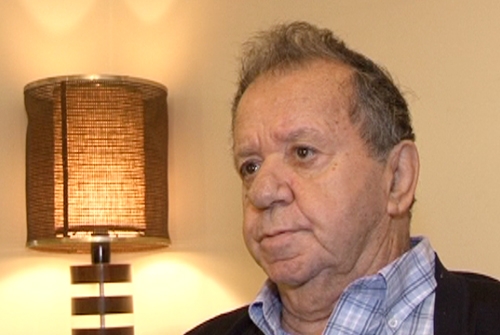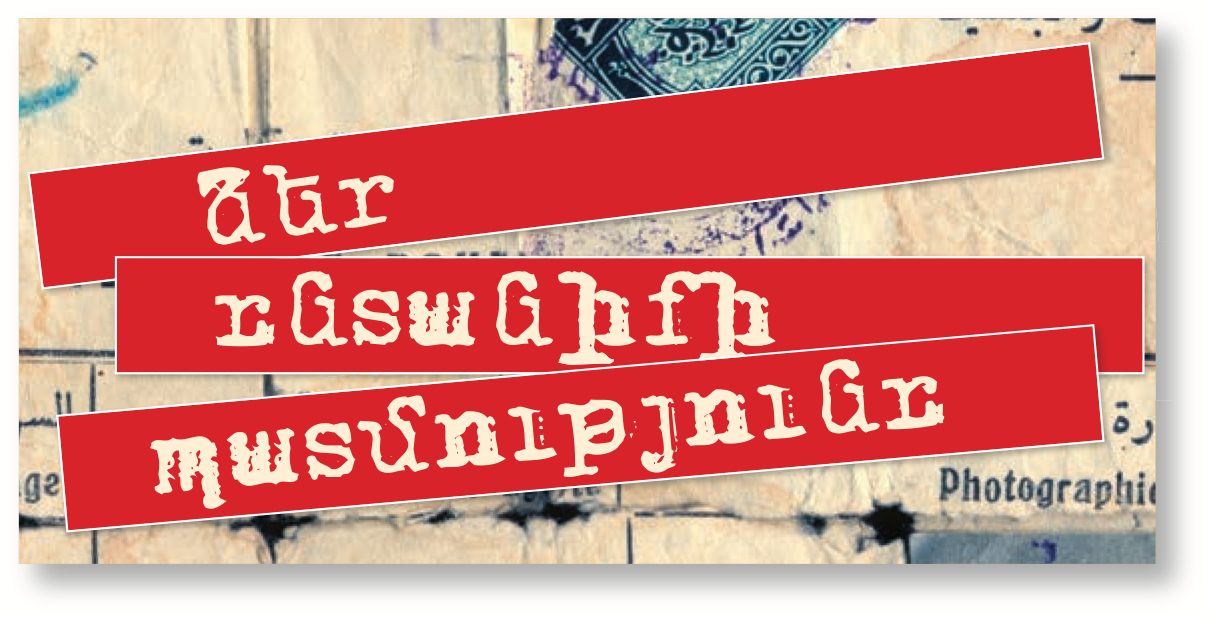 Literary critic, former editor of the literary journal Pakin
Literary critic, former editor of the literary journal Pakin
Boghos Snabian
I was in Jerusalem when the war ended. I was a student at the Jarankavorats School. A wave also washed over our students, and as a result of that wave, some left and moved to Armenia.
I wasn’t enthusiastic, thinking that a people that had just gotten out of a war, like Armenia, couldn’t accept immigrants in its bosom given that it wasn’t in a good economic situation to begin with. So I stayed in Jerusalem.
Anti-communist resistance was a huge power for our Armenian people. To destroy it, Stalin created the immigration story. I assume that there was definitely an issue to weaken and neutralize the power of overseas Armenians.
So now, one segment immigrated en masse, and he turned the other segment against one another.: For a long time, the ARF and the anti-ARF were locked in battle. It was an all-consuming battle. Of course, all of it certainly benefitted communism or Stalinism. That’s what they probably figured.
We had many relatives that were Tashnag sympathizers and even members. My teachers were Tashnags. Now, when the doors of the homeland opened, they forgot all the ideology and went to the homeland. Those people who went didn’t have a problem with communism. Two of my teachers went and soon after were deported to Siberia.
My teachers in Aynjar didn’t go. Nobody handed in their resignation and went to Armenia. The teachers stayed. Almost half of Aynjar went to Armenia, but not because they were communists, but because of their love of Armenia. And because the propaganda was such, that Armenia was paradise, they would go and find everything ready.
The ARF and its leadership knew that Armenia was in no shape to accept Armenians. That’s why they opposed it. Now is not the time. Armenia isn’t capable of accepting masses.
We followed Armenia closely. Yes, Armenia, by the way, wasn’t a place, wasn’t a country for us. It was country linked to our soul, our body and our imagination. It was history.
People went and were disillusioned. They saw that there was no homeland as they imagined or thought. Even before reaching Armenia, in Batum, our immigrants felt deceived. They felt like they were going to the bosom of violence.
One of my friends now says, ‘Brother, we were poor economically here as well. There was no bread, no water, no houses, no cows. There was nothing. But there was one thing here, freedom. There was no bread, water apartments, no this or that there as well. But there was fear.’ That was terrible and intolerable for us. And we saw that the soil under our feet was native soil. This isn’t the homeland. This isn’t the homeland that we dreamt of. Consequently, an open of doors, someone with nerve, escaped, finding a way.
I only started going to Armenia in 1991. I have relatives and friends, and they all have injured souls. There is either on who has emigrated, one who has been jailed, or one who’s been beaten. My cousin, for example, told me that one night and were taking away his brother-in-law. They were putting him in a truck. My cousin asked, ‘Where are you taking my brother-in-law?’ They responded, ‘How dare you speak against a state decision.’ For the next five years, every morning, my cousin would go to the police station and they would beat him. After, he’d go to work.
Regarding the repatriation, let me say that I believe that more than half of those immigrated went to Siberia, died and settled there. But for the other half who stayed in Armenia, it was a blessing, both for them and for Armenia. This is my opinion.



















